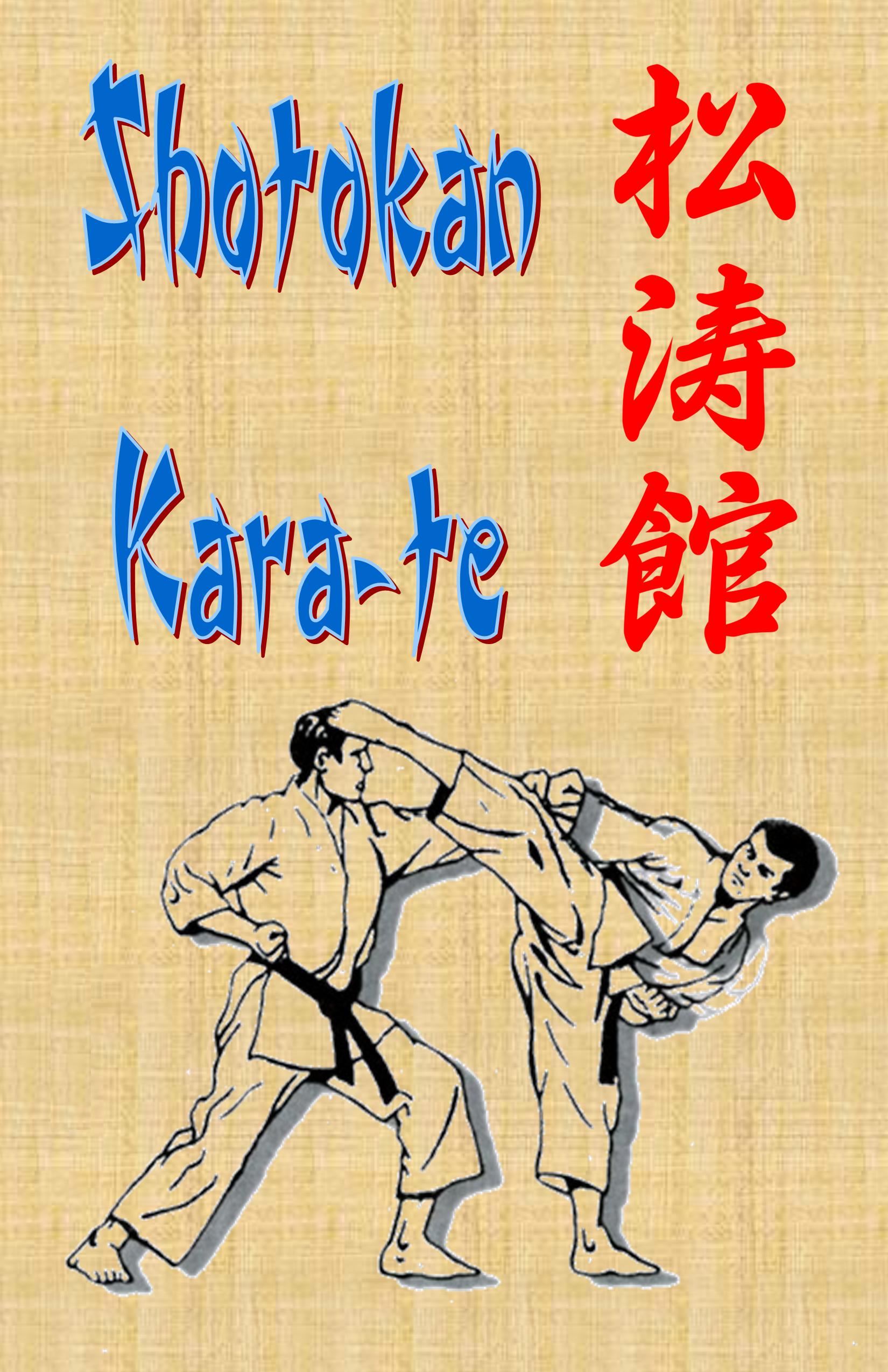
OKINAWAN SHOTOKAN KARA-TE
History and Instruction
By Hanzo Hattori
Paperback
+ $9 Priority Shipping

+ $9 Priority Shipping
According to ancient Okinawan legend, Karate had its beginnings in India with a Buddhist monk named Daruma. Tradition says that Daruma traveled across the Himalayan Mountains from India to the Shaolin Temple in Honan Province of China. There he began teaching the other monks his philosophies of physical and mental conditioning. Legend has it that his teachings included exercises for maintaining physical strength and self defense.
From there it developed into Kung fu and spread through China. It is believed that many Chinese martial artists visited the Okinawan island and some of them settled there and spread the knowledge of Chinese martial arts into the region. Over the time, the art developed into a new, unique form known as Karate.
There are totally three Okinawan styles that are practiced, each is named after the cities in which they were developed; Shuri-te, Naha-te and Tomari-te. These fighting styles are known as Okinawan Te (the hand). It is interesting to note that all these fighting styles were developed in the cities that were merely a few miles apart.
Including:
The basic idea of Okinawan karate is to teach the meaning of the technique and not how to execute the technique. It doesn’t mean that they do not practice executing the technique, it just stresses more on the meaning technique.
The martial arts movies of the 1960s and 1970s served to greatly increase its popularity and the word karate began to be used in a generic way to refer to all striking-based Oriental martial arts. Karate schools began appearing across the world, catering to those with casual interest as well as those seeking a deeper study of the art.
Shigeru Egami, Chief Instructor of Shotokan Dojo, opined "that the majority of followers of karate in overseas countries pursue karate only for its fighting techniques. Movies and television...depict karate as a mysterious way of fighting capable of causing death or injury with a single blow...the mass media present a pseudo art far from the real thing."
For a good many practitioners, karate is a deeply philosophical practice. Karate-do teaches ethical principles and can have spiritual significance to its adherents. Gichin Funakoshi ("Father of Modern Karate") titled his autobiography Karate-Do: My Way of Life in recognition of the transforming nature of karate study.
Paperback | $19.95
Published by DOJO Press
When ordering by mail: Indicate book or item and mail with your Name, Address, City, State, and ZIP Code to:
DOJO Press
P.O. Box 209
Lake Alfred, FL 33850
Please include check or money order. Canada and Foreign orders, please add $20 per order for First Class Postage.
US Funds Only.